Springfield, MA
Is the Landlord or the Tenant Responsible for Mold Inspections?
Mold growth in rental properties is a common issue that can cause health problems, property damage, and even legal disputes. The responsibility for mold inspection and removal can be a contentious issue between landlords and tenants. Still, it's important to understand that both parties have a role in preventing mold growth. The laws for mold inspection and removal vary by state, so it is essential to know your state's requirements to determine who is responsible for mold inspection and remediation. Below is information on the responsibilities of both landlords and tenants in preventing mold growth, as well as tips on how to prevent mold in your rental property.
The Tenant's Responsibilities
Tenants are responsible for maintaining a clean and sanitary environment in their rental property. If mold grows due to damage caused by the tenant, the tenant is responsible for the remediation cost. For example, if a tenant leaves a window open during a rainstorm, it can lead to water damage to the walls and floors, which then leads to mold growing in a rental property. As a result, the tenant is responsible for the cost of hiring a professional mold removal contractor to address the problem.
Additionally, tenants may be held responsible for the remediation cost if they fail to report a leak or water damage promptly. Tenants should notify their landlords as soon as they notice mold growth in their rental property. It's important to report any signs of mold, such as a musty odor or visible growth, as soon as possible to allow the issue to be addressed promptly. Delaying notification can worsen the mold problem and may lead the tenants to be deemed liable for the cost of remediation. Once the landlord is aware of the mold problem, they're responsible for scheduling mold inspections and remediation through a professional mold removal service.
The Landlord's Responsibilities
Landlords are responsible for providing their tenants with a safe and habitable living environment. This includes repairing the damage that may lead to mold growth, scheduling inspections if mold grows, and disclosing past mold issues to potential tenants. If a landlord fails to meet these responsibilities, they may be liable for any harm caused by mold growth in their rental property. Landlords should have any issues addressed, such as water damage or leaks, promptly to prevent mold growth.
If a tenant reports water damage or a leak, the landlord should hire professionals to investigate and repair the problem as soon as possible. Additionally, landlords should schedule regular mold inspections of their rental properties to check for signs of mold growth. If mold is detected, the landlord should hire a professional mold remediation company immediately to remove the mold. If a rental property has a history of mold growth, the landlord needs to inform prospective tenants before they sign a lease. This allows tenants to be more mindful about taking steps to prevent mold growth.
Tips to Prevent Mold in an Apartment
Controlling moisture is the key to preventing mold growth. Mold thrives in moist environments, so controlling moisture is essential in preventing mold growth. According to the United States Environmental Protection Agency, humidity levels need to be kept between 30% and 60% to help decrease the growth of mold. If humidity is an issue where you live, be sure to use a dehumidifier to be able to control the humidity in the property effectively.
Proper ventilation is also important. Ensure proper ventilation in your rental property by using exhaust fans in the kitchen and bathroom and opening windows when possible. Additionally, regular cleaning can help prevent mold growth. Clean and dry any spills or water damage promptly, and regularly clean and disinfect bathroom and kitchen surfaces. Monitoring humidity levels in your rental property regularly, especially during humid months or after rainstorms, is also crucial.
Mold growth is a serious issue that can cause health problems and property damage, so it's essential to prevent mold growth in your rental property. If you suspect mold growth in your rental property or want to schedule a mold inspection, contact ASAP Environmental Inc today. Our professionals can help you identify mold problems and provide necessary remediation services to ensure the safety and health of you or your tenants.
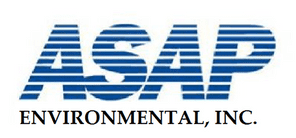
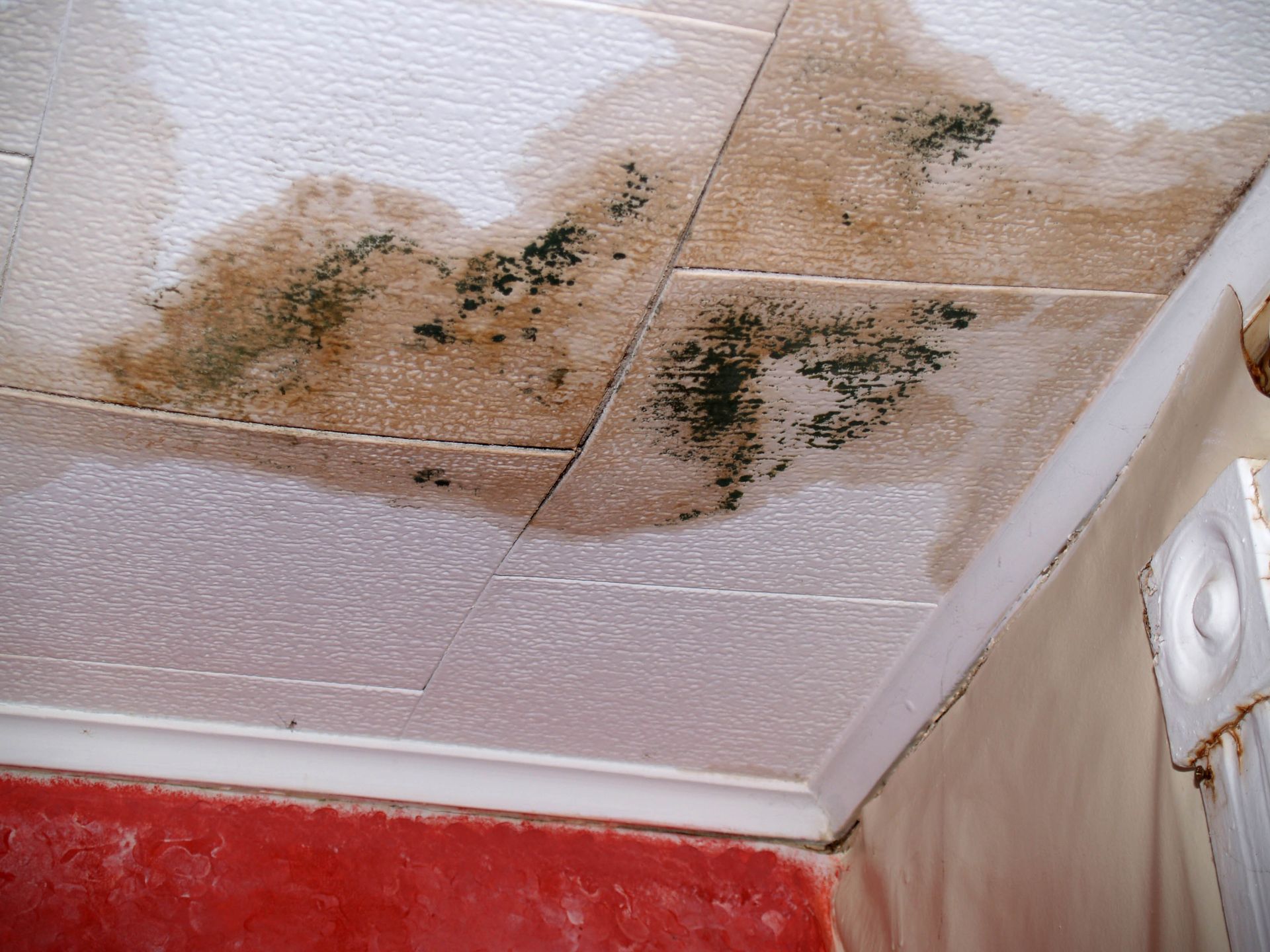
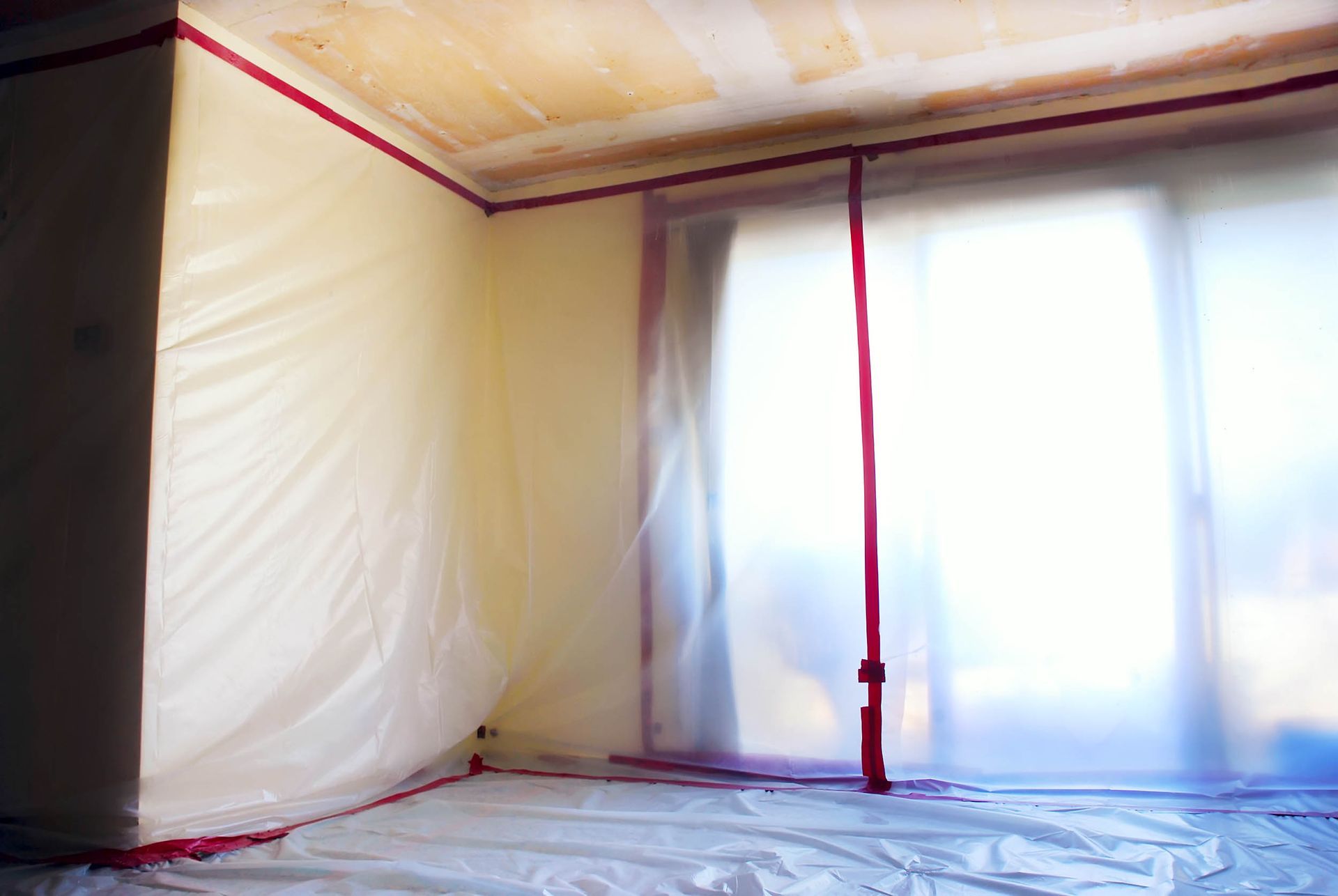
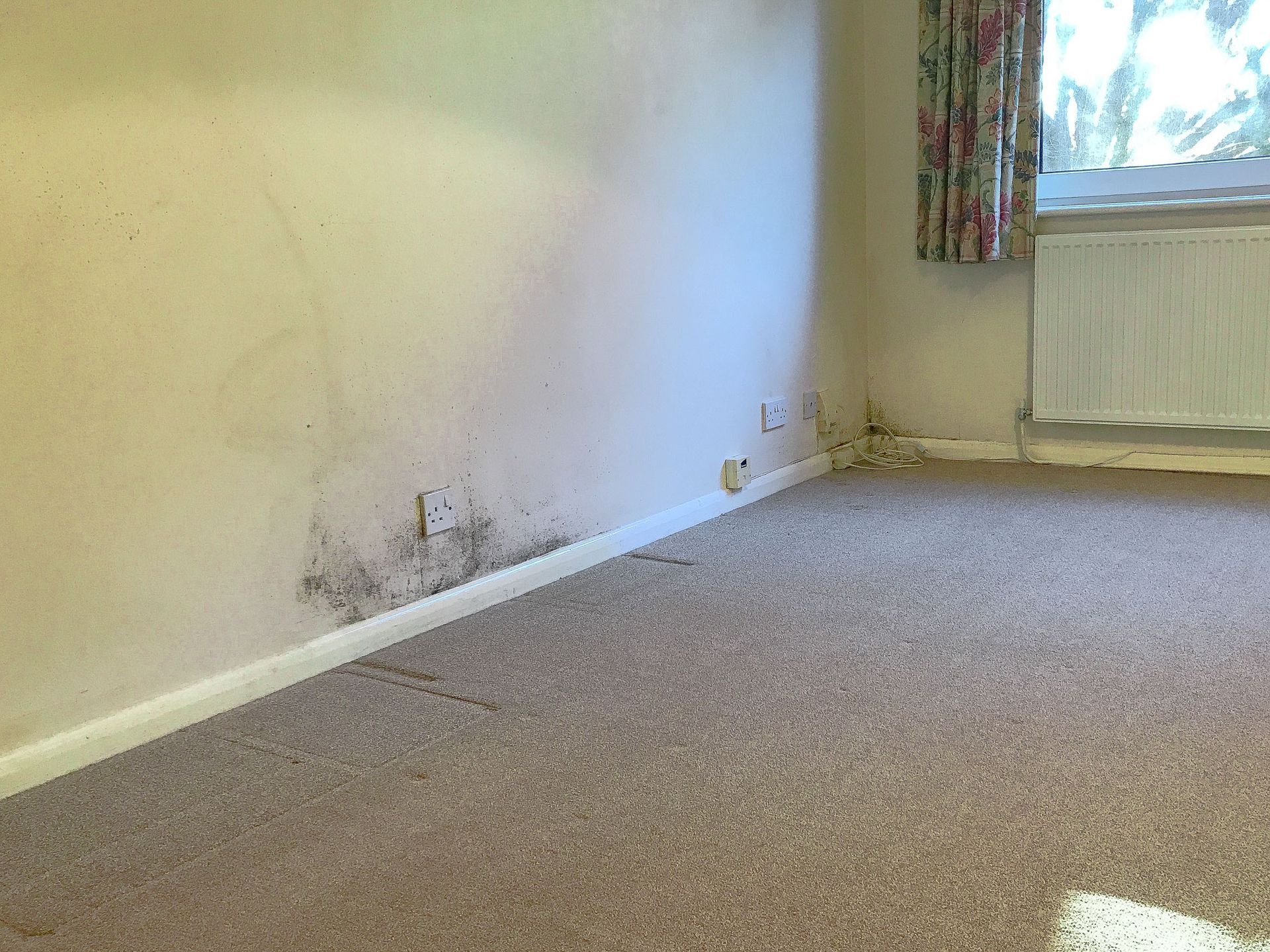
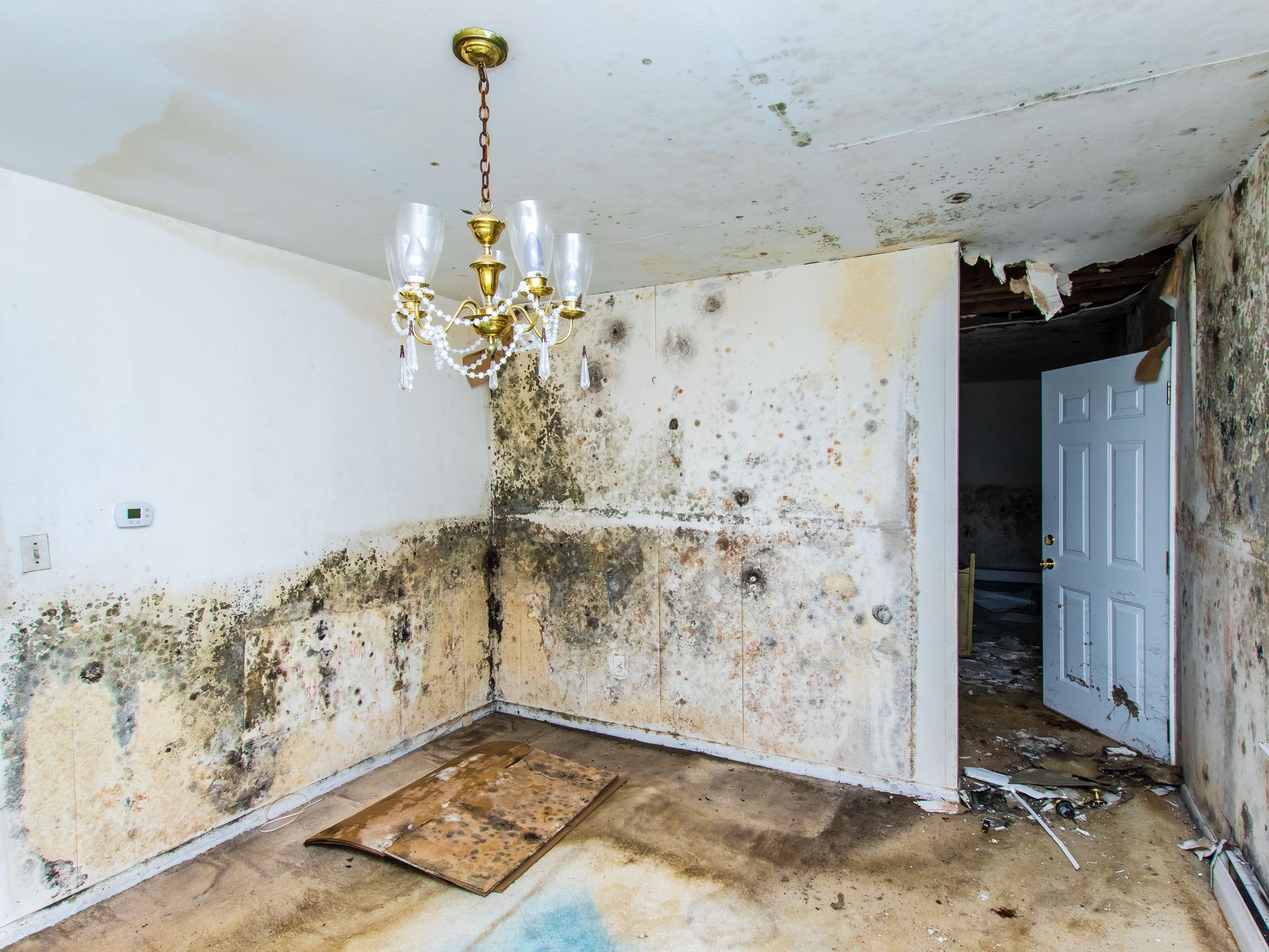
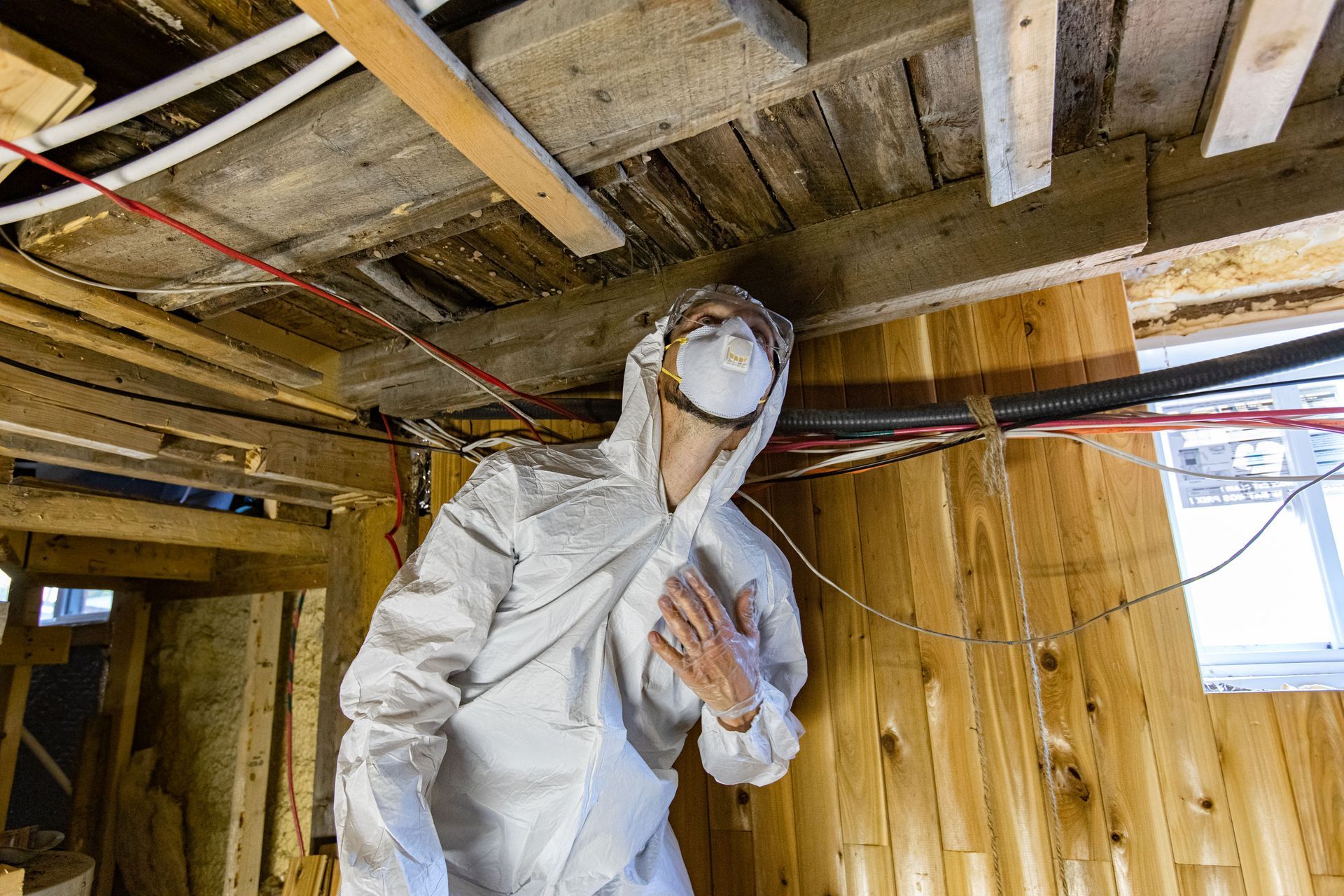
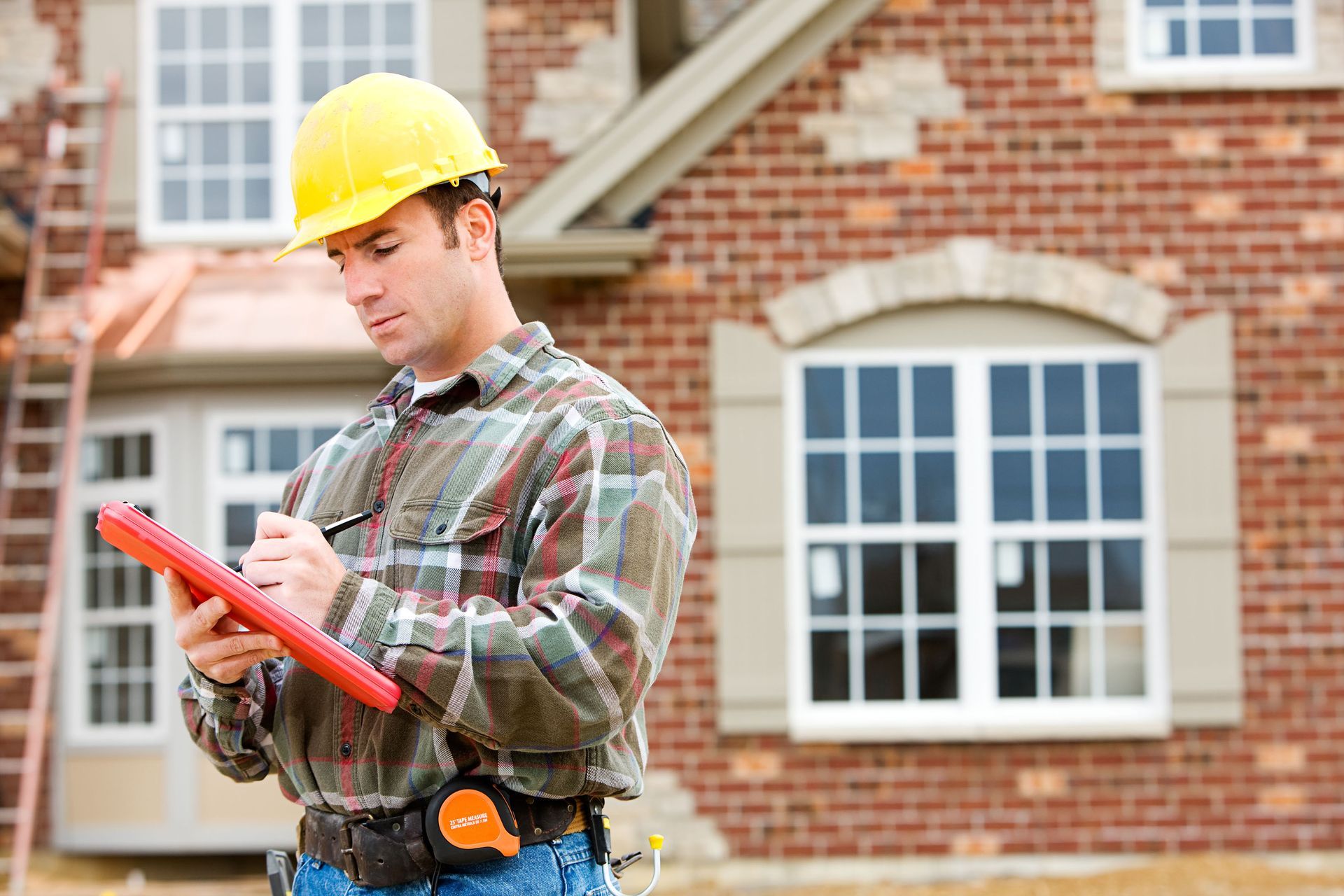
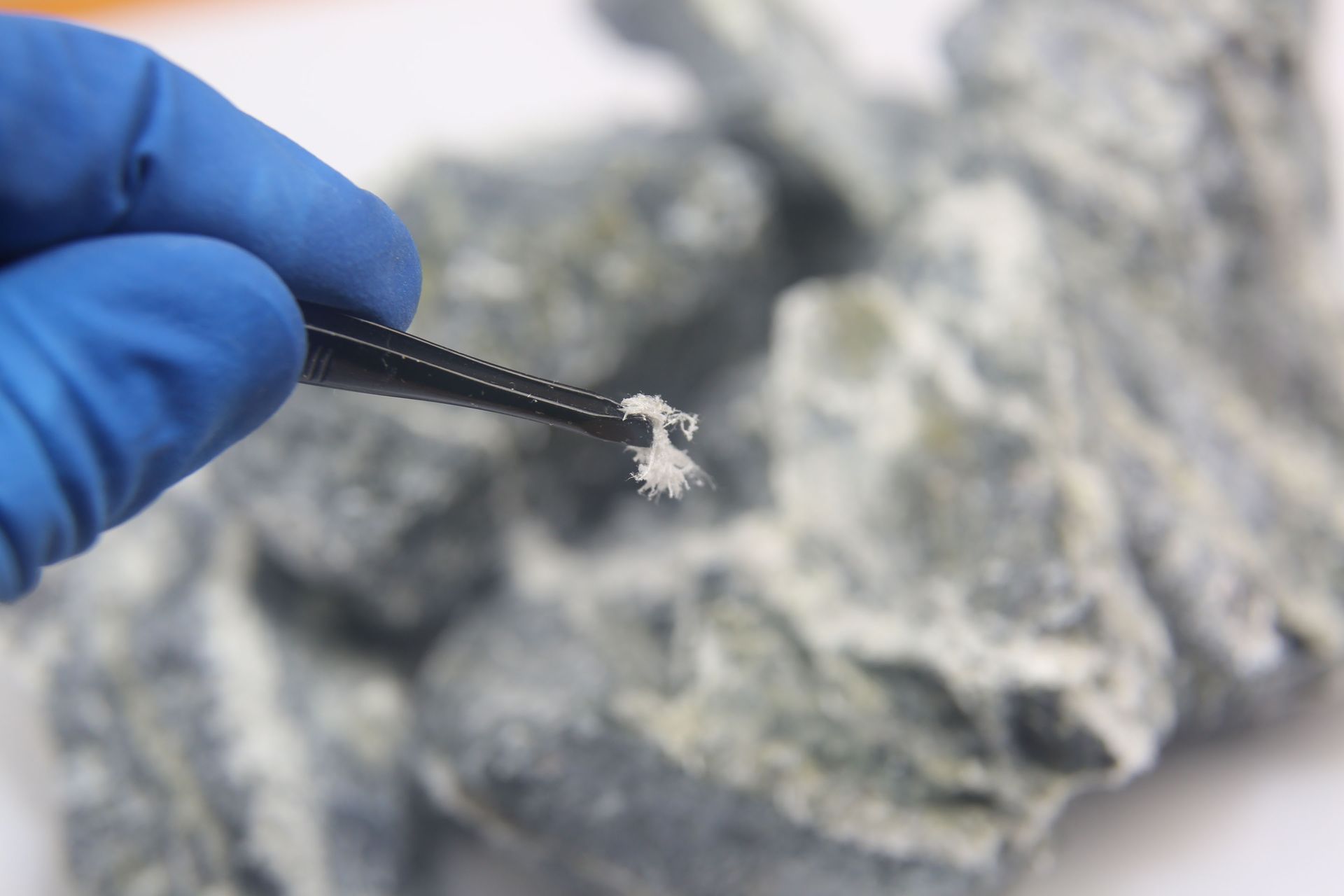
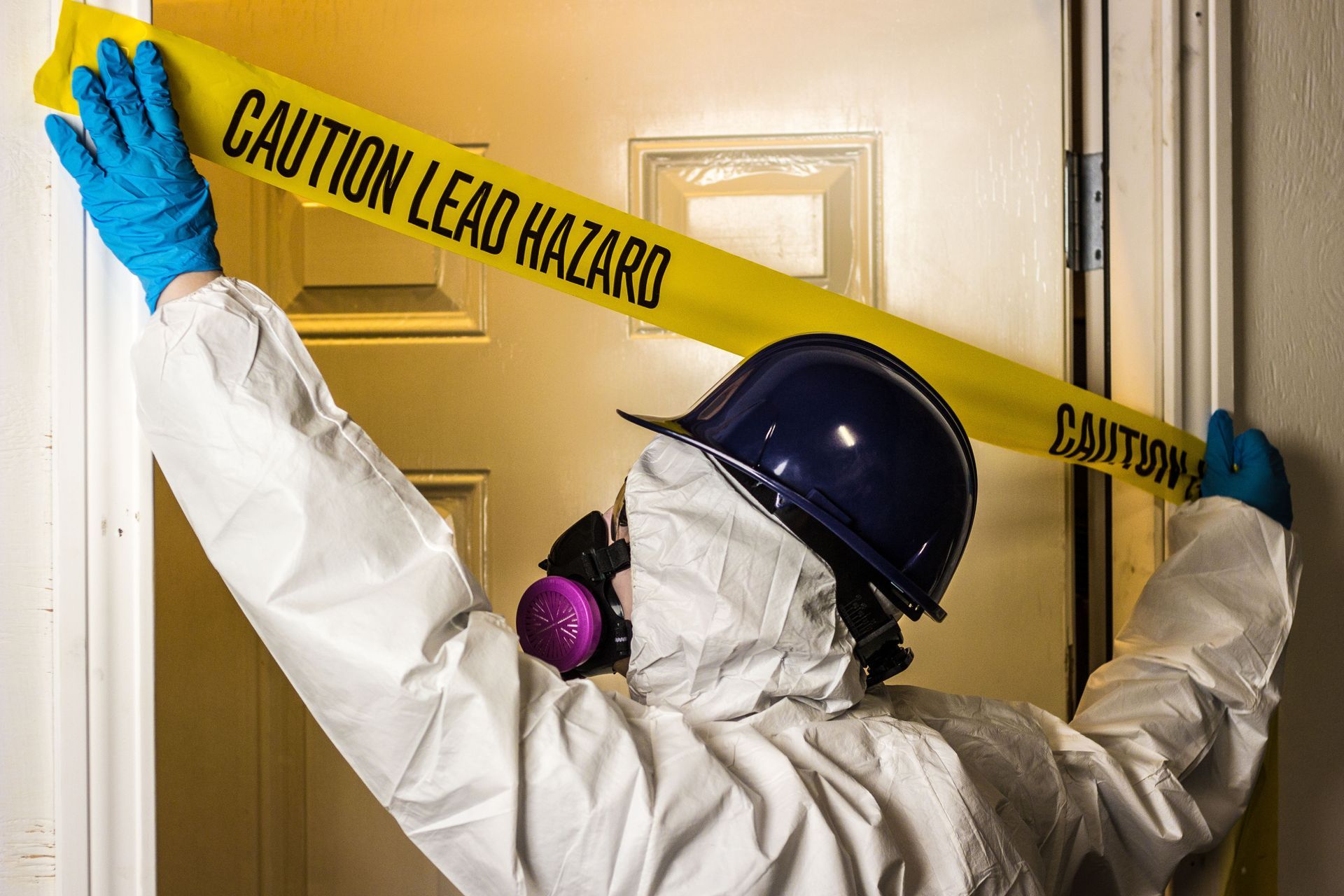
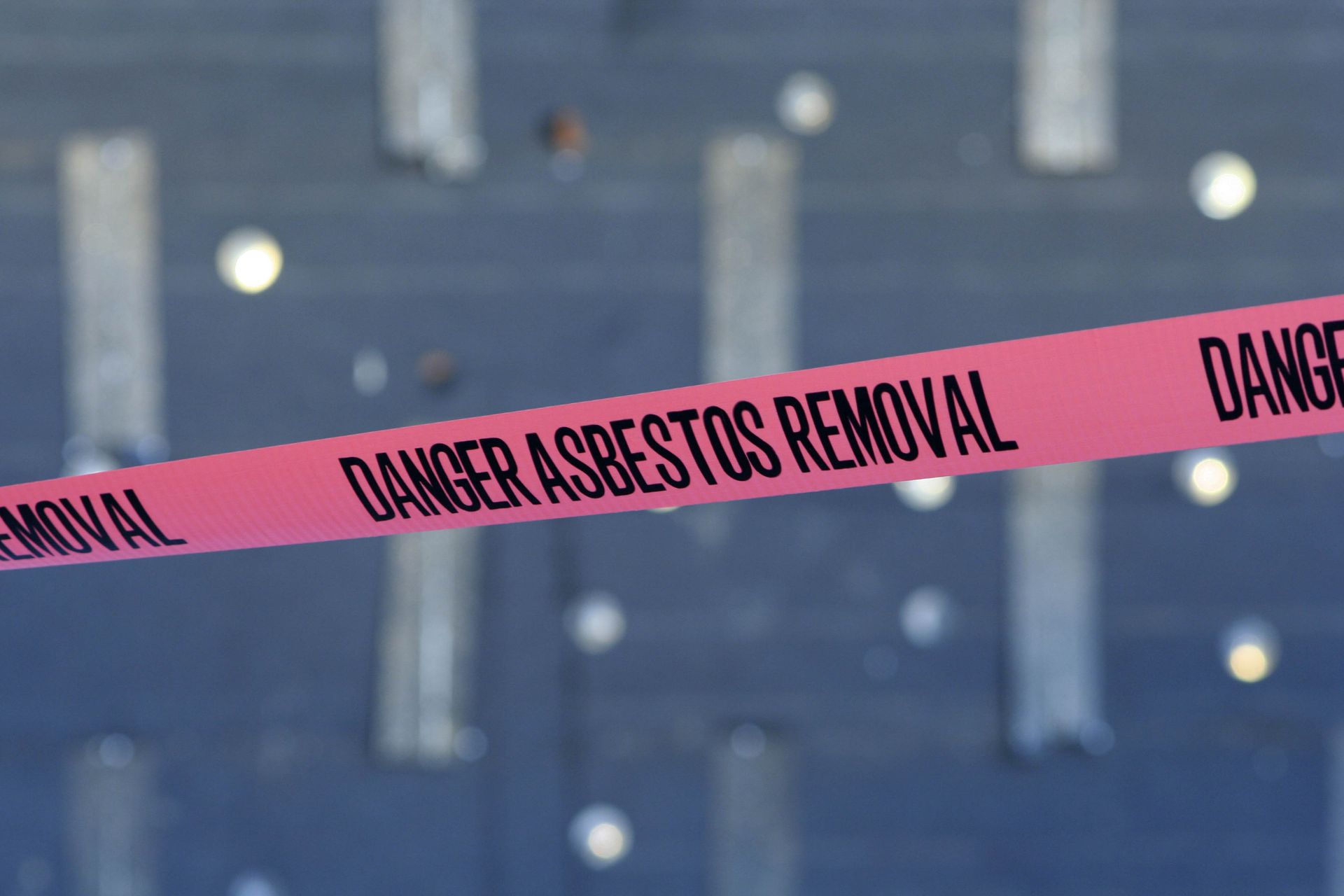
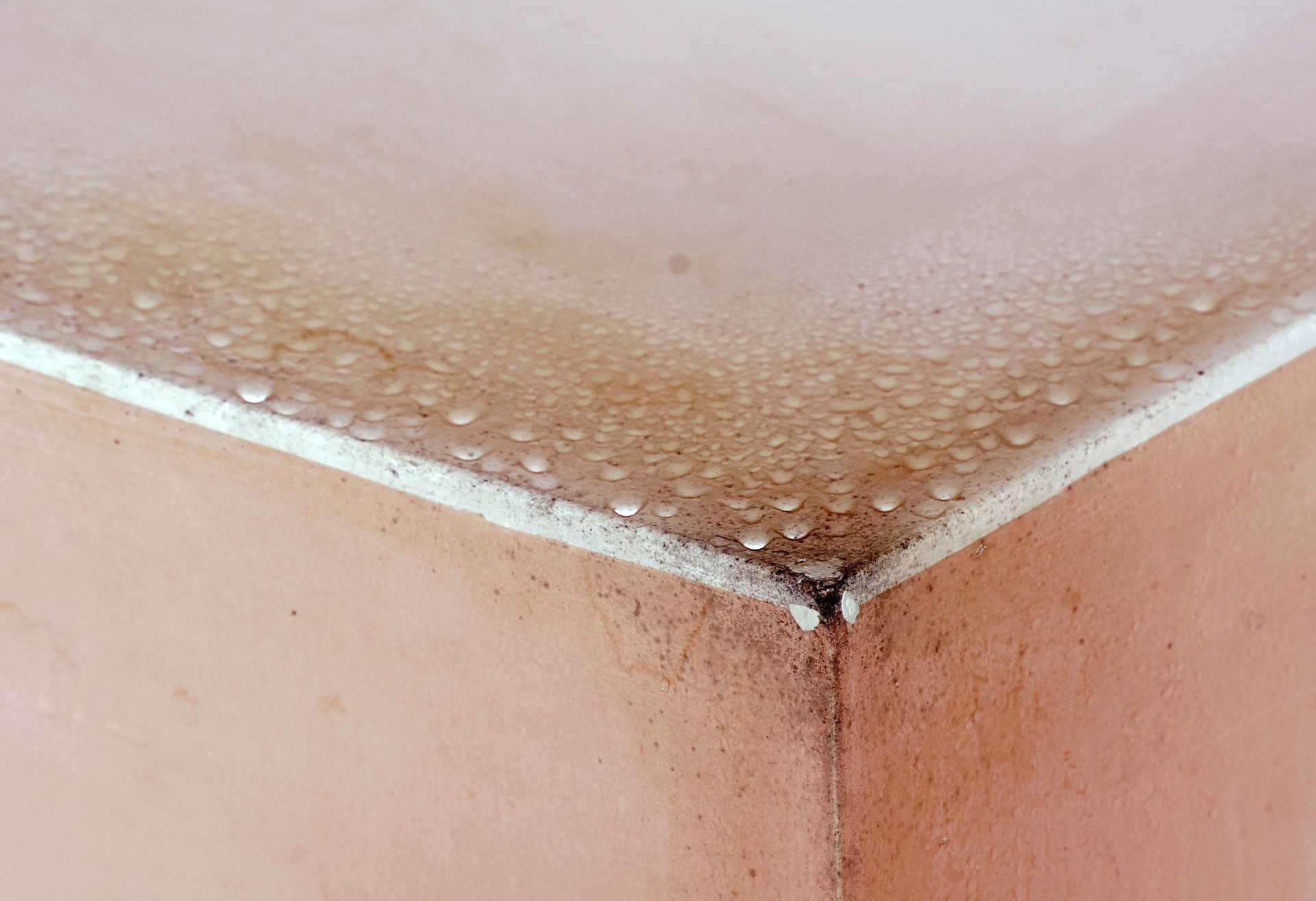
Share On: